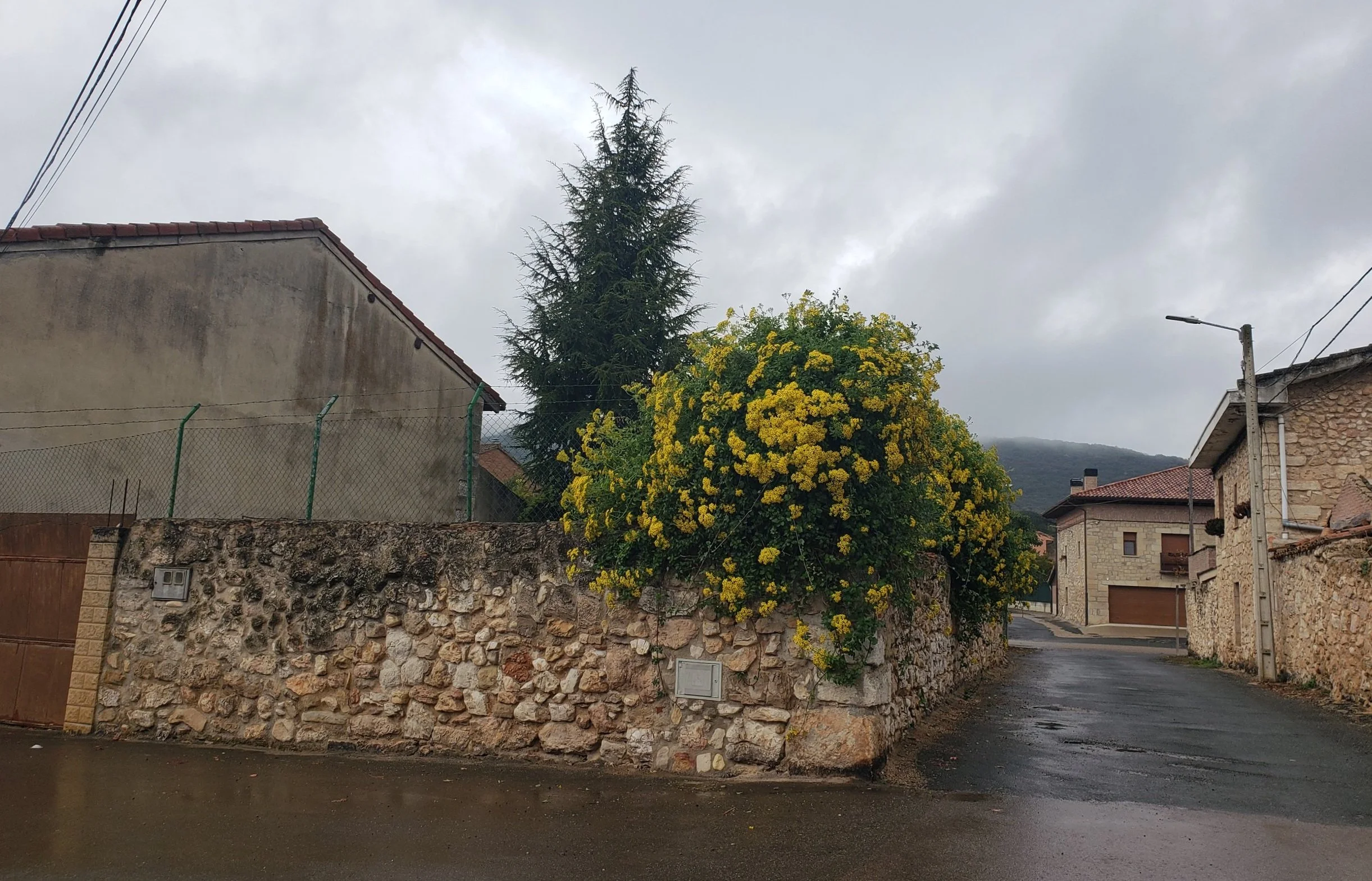Family wealth in Spain
Living in Spain with my family has been a transformative experience, offering a rich culture, a relaxed lifestyle, and a cost of living that, while rising, remains manageable with thoughtful planning. Above all, it has crystallized the idea that for us, the idea of wealth goes far beyond monetary value. Our perspective leans on the philosophy of being supported by health, wealth, and community—all of which Spain offers in abundance.
A recent Forbes article, "What It Means to Be Wealthy in Spain," explores the financial realities of wealth across the country, touching on regional differences and the rising cost of living. And yet, despite these changes, Spain remains one of the most affordable and fulfilling places to call home. This sentiment really resonates with our family’s journey—while we’ve certainly had to navigate the financial landscape, we’ve found that true wealth isn’t just about money. It’s about quality of life—feeling healthy, secure, and surrounded by a supportive community. In that sense, Spain has given us more than we could have ever hoped for.
Cost of Living: A Quick Comparison
Spain's cost of living varies significantly by region. Major cities like Madrid and Barcelona have higher expenses, particularly in housing and education, while smaller towns offer more affordable options. For instance, a family of four's estimated monthly costs are around $3,650.78 (€3,477), making Spain the third cheapest country in Western Europe. Compare this with the average cost for a family of four in a US East coast city like Washington DC, which is approximately $7,621 (€7,405), and we get an even better sense of the manageability and savings you may see as a family.
Housing: Finding Our Home
As a family, securing suitable housing is a top priority. In cities, property prices can be steep, with a three-bedroom flat in Barcelona starting at $250,000 to buy, or $1,300 - $1,800 to rent per month. We chose to settle in a village, seven minutes from a medium-sized town in Castilla y Leon, where properties are more affordable, ranging from $150,000 to $250,000 to buy (or $500 to $800/month to rent) for a four bedroom home with a small parcel of land, and the quality of life is high. This decision allowed us to enjoy a spacious home within our budget, contributing to our overall well-being. The kids can go out and play or bike in the village square with their friends, where we can leisurely keep an eye on them from the kitchen window.
Education: Public School is Enriching and Free
Education is a significant consideration for families. International schools, while offering excellent curricula, come with tuition fees that can impact the family budget. We opted for local public schools, immersing our children in the Spanish education system and culture. This choice not only reduced expenses but also enriched our children's linguistic and social experiences. We find the experience to be wonderful, with a free bus and cafeteria service as an added plus (since we live in a ‘rural’ village). More about the specifics of enrollment procedures, buying materials and keeping up with the curriculum can be found in our Introductory Family Course.
Lifestyle: Embracing the Spanish Way
As mentioned, Spain's lifestyle emphasizes family, community, and leisure, aligning perfectly with our values. The Mediterranean diet, local festivities, and a slower pace of life have enhanced our family’s quality of life. While dining out and entertainment are integral parts of Spanish culture, we’ve noted that participating in community events and enjoying outdoor activities offers fulfilling and cost-effective alternatives. Beyond the typical tourist attractions, we’ve immersed ourselves in the wealth of ‘free’ or low-cost sports that Spain’s natural landscape supports. Skateboarding in vibrant plazas, mountain biking along scenic trails, kayaking in local rivers, and climbing at nearby crags have become cherished pastimes for our family. These activities not only foster an active lifestyle but also offer a chance to bond with local communities, where these sports are accessible and inclusive for people of all ages.
By embracing these experiences, we’ve built a sense of belonging and found new ways to connect with the local culture while staying true to our values of health, well-being, and community involvement.
Kayaking in St. Llorenc de Montgai (Catalunya)
Financial Planning: Navigating Economic Realities
The Forbes article highlights the importance of financial planning in Spain’s ever-evolving economic landscape—something we’ve been mindful of since moving here. We’ve taken a proactive approach, budgeting carefully and staying informed about policies that could impact our finances. This has helped us navigate changes, like proposed tax reforms that may affect property purchases for non-EU citizens. For EU citizens, the process is often more straightforward, but understanding local tax laws, residency requirements, and long-term financial planning is just as important. Whether you're moving from within the EU or beyond, staying informed and adaptable is key to building a stable and fulfilling life in Spain.
A Rewarding Experience
Living in Spain has been such a rewarding experience for our family—a beautiful blend of cultural richness, community, and a lifestyle that feels both fulfilling and attainable. By embracing the local way of life and being intentional with our choices, we’ve found a rhythm that aligns with our values while keeping life’s costs manageable.
For families dreaming of a move to Spain, I always suggest diving into research with an open heart and mind. Every region has its own charm, quirks, and challenges, and the key is finding the place that truly feels like home. With thoughtful planning and a willingness to adapt, Spain can offer a life that is as enriching as it is inspiring.
Recent Developments Affecting Expats in Spain
How will Spain's property tax reforms affect British expats?
Why is Spain considering a 100% tax on homes bought by non-EU buyers?
Spain eyes tax hike for holiday rentals in bid to lower rents


